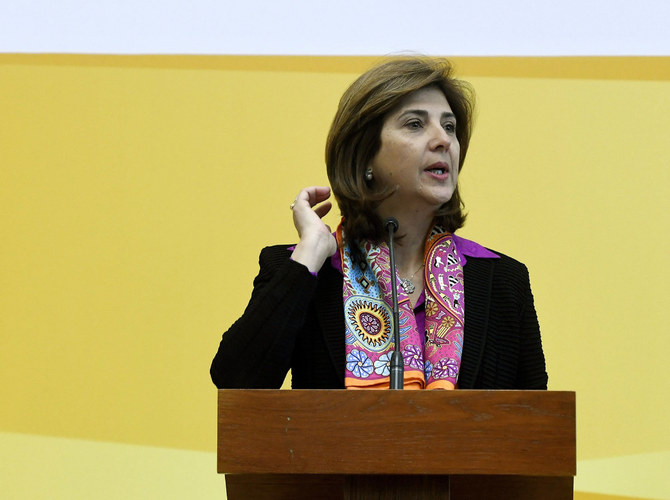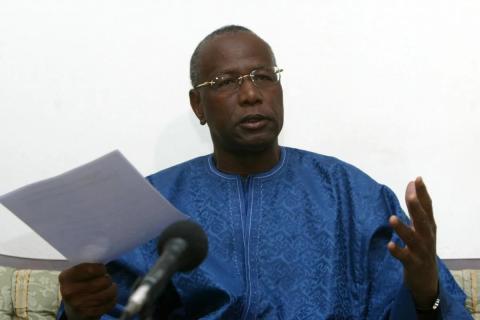
Mogadishu refuses to reverse a decision to expel UN representative
UNITED NATIONS: UN Secretary-General Antonio Guterres on Friday agreed to appoint a new UN envoy to Somalia after its president refused to reverse a decision to expel a representative for raising human rights concerns.
Guterres spoke by phone with President Mohamed Abdullahi Mohamed on Friday — his second call to the Somali leader in three days — to once again urge him to change his mind, according to diplomats.
But the president dug in his heels and said UN envoy Nicholas Haysom would remain persona non grata and would not be allowed to return to Somalia, diplomats told AFP.
Guterres “deeply regrets” Somalia’s decision, said UN spokesman Farhan Haq, adding that the UN chief nevertheless intends to appoint a new UN envoy.
The UN Security Council met behind closed doors to agree on a response to Somalia’s decision.
But during that meeting, China asked for more time to consider a draft statement put forward by Britain that expressed regret at the decision, diplomats said. The council reconsiders its response on Saturday.
In the British-drafted text, the council would express its support for the UN mission in Somalia and say it expects Somalia to fully cooperate with the UN.
Haysom, a South African lawyer and experienced diplomat, was told to leave Somalia on Tuesday after he questioned the government’s decision to arrest an Al-Shabab defector who was running in elections.
Muktar Robow, who defected from Al-Shabab in 2017, was arrested last month and flown to the capital Mogadishu after announcing his bid for the state presidency in South West State.
Seeking probe
The arrest sparked protests in the southwestern town of Baidoa on Dec. 13-15 that were violently suppressed by Somalia’s security forces, leaving at least 15 dead.
In a letter sent to the government, Haysom requested an investigation of the protest violence and information on the legal basis for arresting Robow.
Haysom, who took up the post of UN envoy in October, warned the council during a meeting on Thursday of a risk of conflict during elections in Somalia’s federal states due to tensions with the central authorities.
The arrest of Robow could discourage other Al-Shabab militants “who may be considering exchanging violence for a political path,” said Haysom.
Somalia’s Ambassador Abukar Dahir Osman told the council that the UN should not interfere in his country’s national affairs.
Former Al-Shabab militants “cannot assume leadership positions without going through stringent established rehabilitation programs,” he said, adding that a terrorist should not be allowed to rebrand himself as an “ice cream salesperson.”
The UN mission in Somalia is tasked with supporting peace efforts and the strengthening of government institutions in the Horn of Africa nation, which were ruined by decades of civil war.











